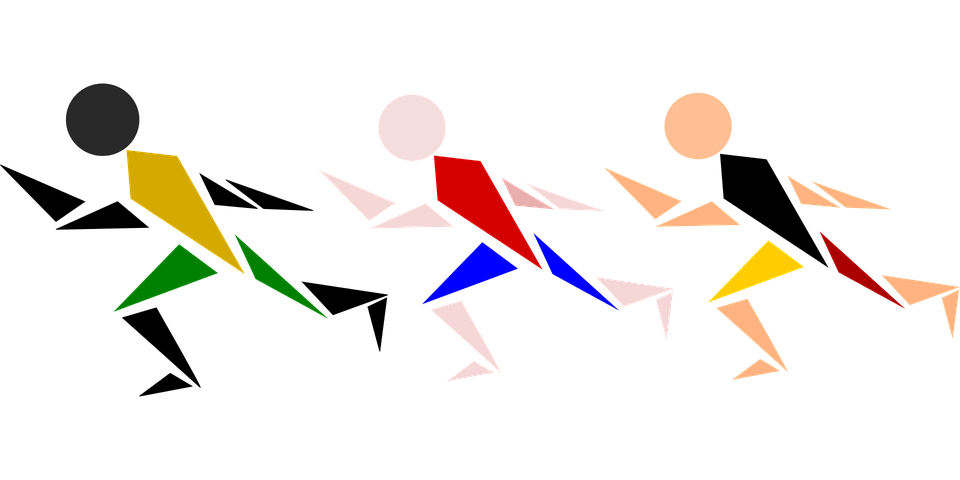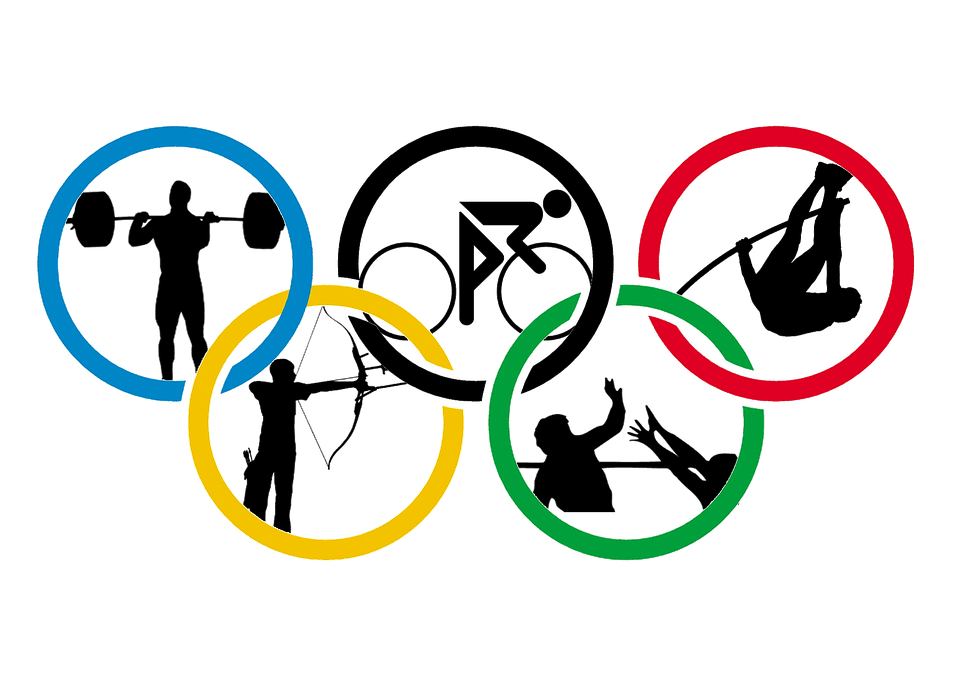
Melodie Gilbert, Park Health, a key player in the successful occupational health programme at the London 2012 Olympics, looks at what occupational health can learn from Olympians.
Athletes who are training for the Olympic Games have a number of methods that will help them stay focused on their goal and achieve success. Among other things these include:
- Learning from the best: getting tips from other great athletes in their field;
- Preparing mentally: planning for their success;
- Finding the best coach: to ensure that they are properly assisted along the route to their goal; and
- Regular training and improvement: making that training a natural focus of their day and attempting to improve their performance each time they train.
We can draw some parallels with this in occupational health.
Learning from the best

In 2006, the Olympic Delivery Authority’s (ODA) Health safety and Environment policy set out its vision as ‘To go beyond eliminating preventable illnesses… This includes improving the wellbeing of all involved in the project work by…. encouraging inclusion and healthy living during the design and construction phases and beyond.’
In 2012, when London held the Olympic Games, the delivery team had achieved this goal by the provision of a best practice model for occupational health in construction during the build.
Using the approach of a multi-disciplinary team of nurses and occupational hygienists, Park Health delivered a holistic service which has been cited as the best model for construction and other industries to follow. The model included three basic elements:
- Tackling health risks present within the workplace and therefore addressing the effects of work on health;
- Ensuring the fitness of workers to undertake their tasks from the first time they arrive on site and protecting them throughout the project; and
- Using the workplace to promote healthy behaviours amongst workers both at work and in their general lives.
Park Health went on to work with other large projects after the Olympics in creating strategies to push beyond the achievements of London 2012.
Working with those projects (such as Crossrail, Thames Tideway and Battersea Power Station Development) we have gone on to refine our methods for achieving greater goals and have added the ability to share information about general heath with the wider communities in which these projects operate.
Tips from the successes of these projects can be used as a legacy of good practice and scaled to improve performance for other smaller projects. The strategy has formed the basis of improvement for construction as an industry and we have found that it can also be adjusted to fit other industries.
Planning for success
Since the Games in 2012, Park Health has been working alongside others in the construction industry to highlight the importance of assessing occupational health risks at design phase and in the forward planning of works.
It is only by achieving elimination or reduction of health hazards at these early stages of work that we can hope to achieve the vision of healthier tasks in any industry.
Following workers and assessing their health on a one-to-one basis has a lot of merit, however – just as in safety – collective protection is generally better than personal protection. Collectively protecting workers by making their tasks healthier is logically going to have the greater impact in reducing health risks.
Finding the best coach
Choosing an occupational health provider to assist with creating your vision for occupational health and creating a strategy to achieve your vision may be one of the first steps in the process for larger companies and some key points to note for this (based on the CONIAC guidance for occupational health) are to ascertain whether the provider:

- Has the skills, knowledge, experience and organisational capability to carry out the work you require of them.
This will include those accredited with, for example, the Safe Effective Quality Occupational Health Service (SEQOHS); - Understands the nature of the work, workers and work environment for your industry; and
- Has access to competent occupational hygiene advice for prevention based strategies for occupational health hazards.
Regular training and improvement
The key to improving occupational health is for it to become embedded in the natural steps that we take for work every day. During London 2012, Park Health coined the phrase ‘Health like Safety’™ understanding that health should be given the same focus and importance as safety currently is.
Making occupational health a natural part of the design, planning and risk assessment process is critical to ensuring that improvement is achieved.
We also need to upskill our workforce so that they can recognise and deal with health hazards in their capacity, this should be at all levels of an organisation from director level through to procurement, bid teams, project managers, engineers, supervisors and workers.
Everyone has a responsibility for occupational health and therefore everyone needs to understand where they fit into the process. Just like Olympic rowing and cycling, good occupational health is about teamwork.
We measure improvements in safety, so why not do it in health as well? Do we have processes in place to track the effectiveness of our decisions to eliminate or reduce health risks during design and planning?
Do we measure the effectiveness of our control measures where health exposures are likely to be present? Do we assess our sub-contractors’ abilities to identify and reduce health hazards during their works?

The London Olympics was the most successful ever games in terms of health and safety.
We should have the correct audit systems and performance indicators built into our health strategies to ensure that we can adequately measure our improvement, just like we do in safety
The London Olympic Games in 2012 highlighted outstanding athletic performances, with Great Britain finishing with a total of 65 medals (29 gold, 17 silver, and 19 bronze).
During the construction of the Olympic Park, independent evaluations showed a cost benefit to the provision of a best practice occupational health service. We left a learning legacy for the construction industry.
Protecting workers health during the build means that those workers can return to the Olympic Park with their children and grandchildren and have pride in saying: “I built this.”
So, let’s all GO FOR GOLD in occupational health and make a real difference to the lives of our workers so that we can proudly stand on our podiums and shout about our successes.
Melodie Gilbert is a Senior Partner at Park Health with a working knowledge of occupational hygiene across many industry sectors. She is a Graduate Member of IOSH and a Member of the British Occupational Hygiene Society. Melodie specialises in occupational ill health prevention on a strategic level and played a key role in large projects such as the London 2012 Olympics and Crossrail. She has also more recently assisted in the creation of the occupational health management strategies for both the Thames Tideway Tunnel and Battersea projects and is currently leading the ill health prevention approach for these projects.
The Safety Conversation Podcast: Listen now!
The Safety Conversation with SHP (previously the Safety and Health Podcast) aims to bring you the latest news, insights and legislation updates in the form of interviews, discussions and panel debates from leading figures within the profession.
Find us on Apple Podcasts, Spotify and Google Podcasts, subscribe and join the conversation today!





